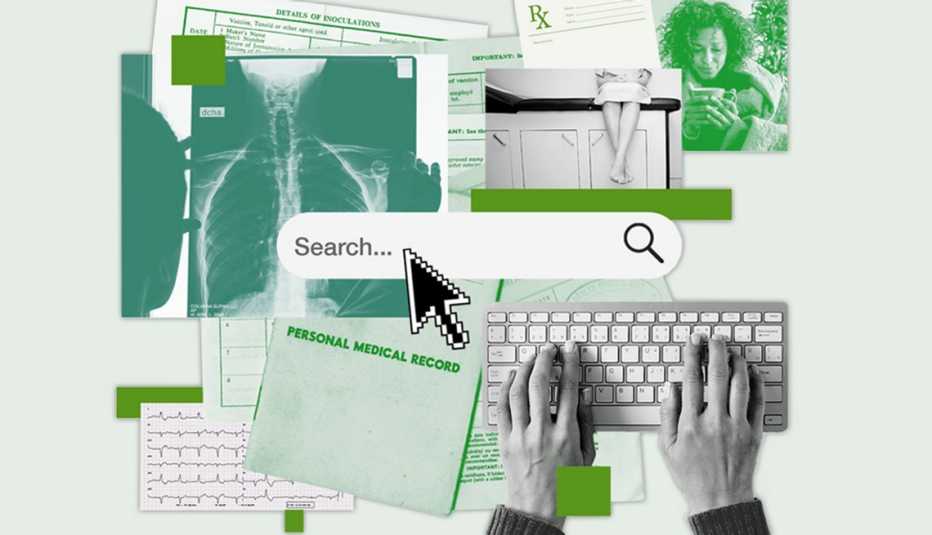Staying Fit


Cardiologist Barbara Roberts, 78, volunteered with the Rhode Island Medical Reserve Corps during the height of the COVID-19 pandemic and vaccinated many hundreds of people. So, she was disturbed to learn last April that her cousin’s wife, who was also in her 70s, was hospitalized and on a ventilator after contracting COVID.
“I didn’t realize she hadn’t been vaccinated, but her husband told me that they’d done their research online and decided against it,” Roberts recalls. “I was horrified because there’s so much health misinformation on the web. People tend to believe anything that supports their own biases — in this case, that it would be dangerous to get the vaccine.”


AARP Membership— $12 for your first year when you sign up for Automatic Renewal
Get instant access to members-only products and hundreds of discounts, a free second membership, and a subscription to AARP the Magazine.
When the woman died, “it made me both very angry and very sad,” Roberts says. “It was totally preventable.”
Stories like Roberts’ are too common these days as more and more of us have turned to the internet to research our own medical conditions and concerns.
According to a 2021 survey, almost 60 percent of all Americans go online to get medical questions answered, and 4 in 5 of us research our medical recommendations online after a doctor appointment.
Although there are many benefits to doing your own health research, there’s a dark side too: “Some people just end up believing everything they read, or they become so cynical about the health information blasted at them online” that they may begin to generally distrust the medical profession, says health care journalist Gary Schwitzer, founder of the former Health News Review website.
The problem could get even worse after the introduction of artificial intelligence-driven text-generating tools called chatbots.
When you ask a chatbot a question, it pulls information from everywhere online to create an amalgam of data, news and opinion, taking from both traditional and unknown sources. Online publishers use these bots to generate content, including in the health space.
We asked some of the nation’s top experts for the fundamentals of doing your own health research, from how to find the most credible sites to evaluating the best symptom checker. We chose three common scenarios you may face at some point to help you find the information you need, safely.
Research Trigger Number 1: Your doctor just gave you an alarming diagnosis.
If you’ve been told you could have a particular health condition, your first impulse may be to simply type it into a search engine. That’s probably not the best move, cautions Alice Pomidor, M.D., a retired professor of geriatrics at Florida State University. “You might get an ad [that looks official] or other information that’s not reputable,” she explains. (Look for a “Sponsored” tag; it means an organization has paid big dollars to show up at the top of searches related to that topic.)




































































More From AARP
Is it Normal Memory Loss or a Memory Problem?
Tips from experts on how to tell the difference
6 Types of Medications That Can Harm Your Kidneys
Dozens of common drugs can cause damage if you’re not carefulSecond Bivalent COVID Boosters Approved for Older Adults, Immunocompromised
People 65 and older can get another bivalent shot